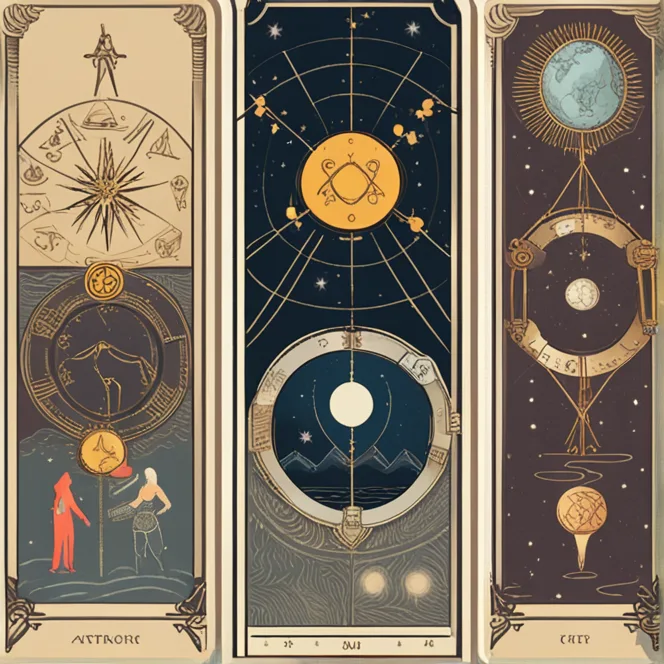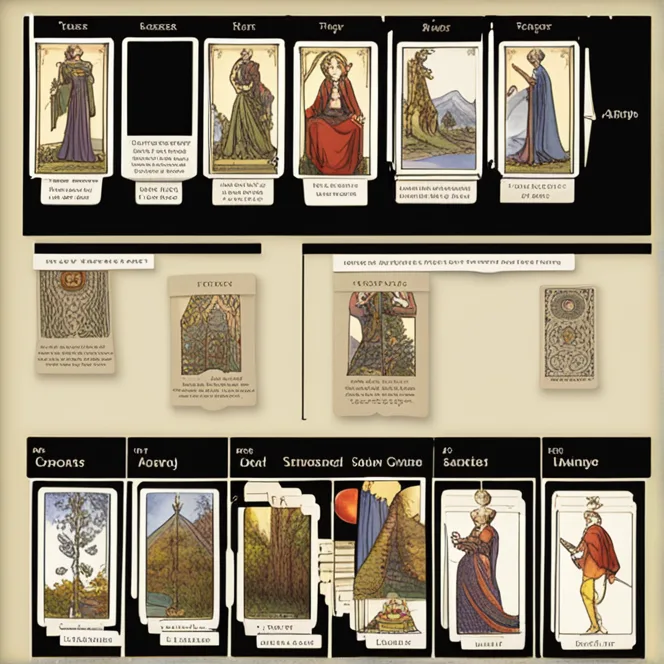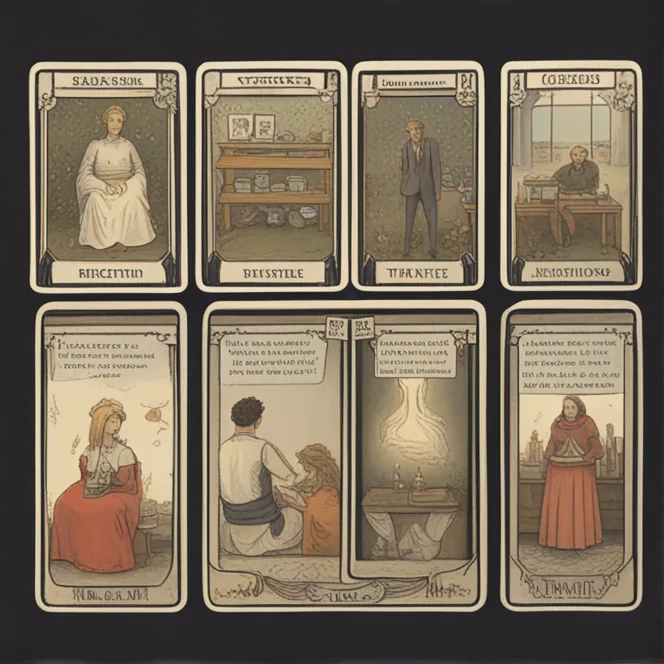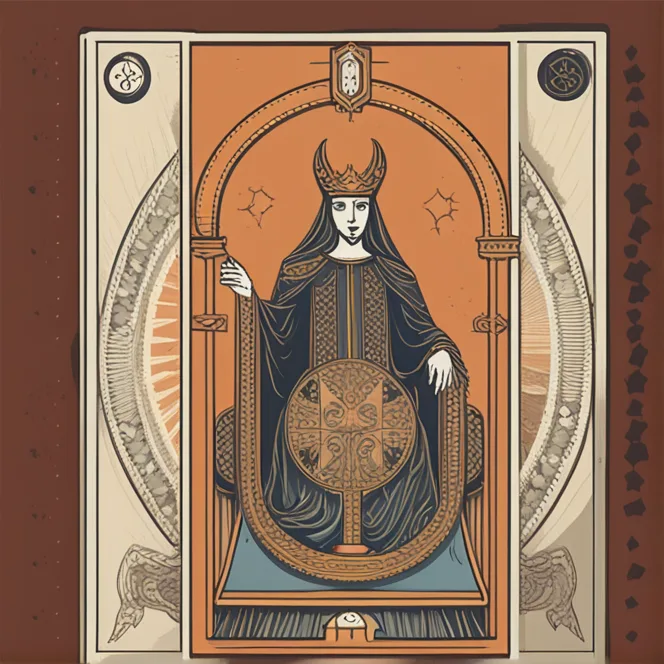
Introduction to Tarot
Tarot has long mystified and intrigued people around the world. At its core, it is a deck of 78 cards, each bearing symbolic imagery, used for introspection, guidance, and sometimes divination. Unlike standard playing cards, the tarot deck comprises the Major Arcana and Minor Arcana, full of rich symbolism and varied interpretations that have evolved through centuries of tradition and cultural exchange. This ancient practice offers a reflective mirror to those seeking insight into their personal lives, presenting archetypal narratives that resonate with the collective unconscious.

The Structure of a Tarot Deck
The tarot deck is divided into two parts: the Major Arcana, consisting of 22 cards that represent life's karmic and spiritual lessons; and the Minor Arcana, comprised of 56 cards that reflect the trials and tribulations of daily life. The Minor Arcana is further categorized into four suits – Cups, Pentacles, Swords, and Wands – each aligned with a particular element and aspect of human experience. Readers use the deck's rich imagery and symbolism to draw connections between the cards and the individual's questions or life situations.

Using Tarot for Personal Insight
Tarot readings can serve as a tool for personal insight and reflective contemplation. Readers lay out cards in specific spreads, which vary based on the question or theme being explored. The positioning of the cards in these spreads adds an additional layer of meaning, helping to focus the interpretation on particular aspects of a person's life or psyche. Analyzing the relationships between the cards can provide a visual and narrative framework for understanding complex situations and emotional dynamics.

Astrological Connections
Tarot and astrology share a deep symbiosis, with each tarot card corresponding to various astrological elements. The Major Arcana is often linked with the zodiac signs and celestial bodies, adding another dimension to readings. Forecasts for 2024 and beyond consider the shifting astrological landscape, integrating the movement of planets and stars to offer a broader context for the tarot's wisdom. This synergy allows for a nuanced and encompassing approach to interpreting personal narratives and potential futures.

Myths and Misconceptions
Despite its popularity, tarot is shrouded in myths and misconceptions. It is not exclusively a tool for predicting the future; rather, it is a reflective instrument for guidance and self-awareness. The images and symbols on tarot cards are not inherently ominous or negative. Each illustration is a tapestry of meaning, representing a wide spectrum of human experiences and emotions. The cards encourage users to tap into their intuition and draw from their personal experiences for a richer and more meaningful interpretation.
Modern Tarot Practice
Today, tarot's appreciation continues to grow, with enthusiasts embracing both traditional and contemporary interpretations. The digital era has seen the creation of tarot applications and online readings, expanding access to a broader audience. Despite technological advances, the essence of tarot remains tied to the physical cards and the intimate, tactile experience of a personal reading. Whether used as a means of self-discovery, a reflection tool, or simply for enjoyment, tarot continues to captivate and offer a unique perspective on life's journey.
Published: 12/15/2023
Modified: 12/15/2023
More predictions
Come back here soon to learn more about yourself and your future


Deciphering The Symbolism Of Tarot Cards
A concise guide to the symbolism and interpretation of tarot cards for insight and divination.


The Meanings Behind Tarot Cards
Delve into the rich symbolism and significance of tarot cards and their meanings across the Major and Minor Arcana.


The Distinct Worlds Of Tarot & Oracle Cards
Discover the differences between tarot and oracle cards in divination practices and how they can guide you in your spiritual journey.